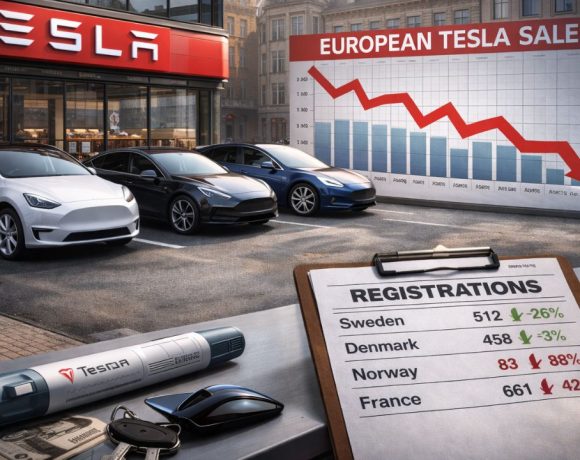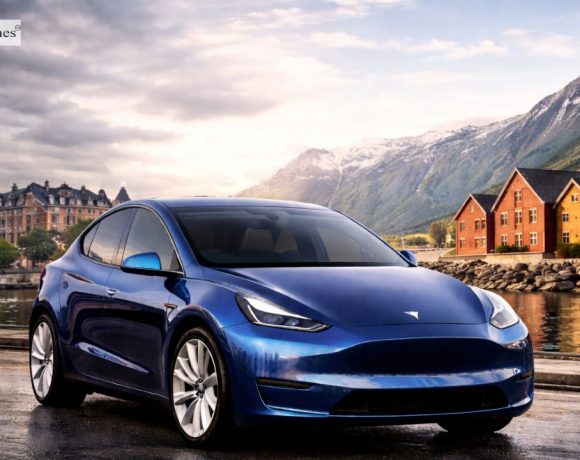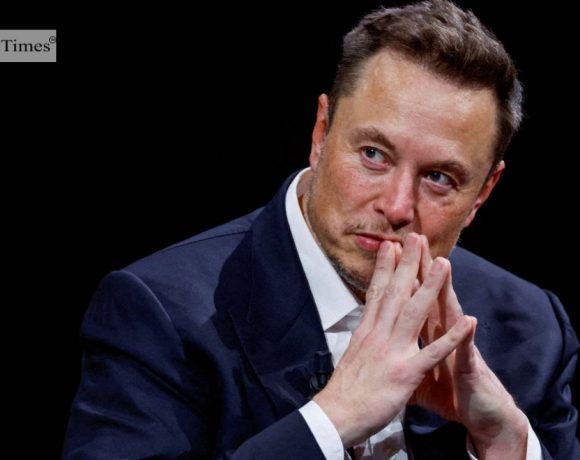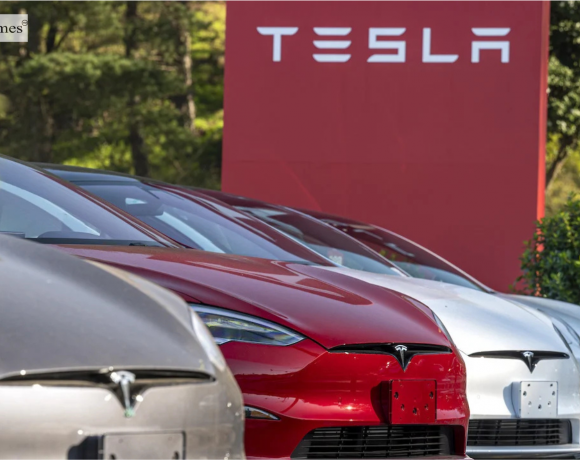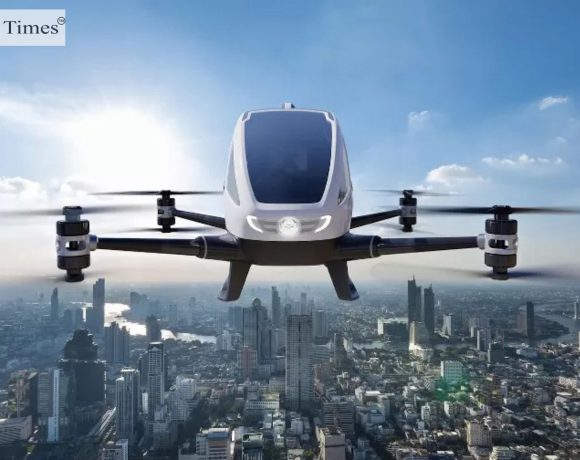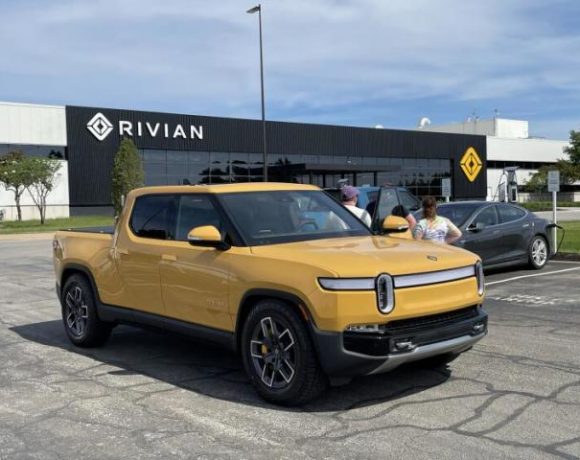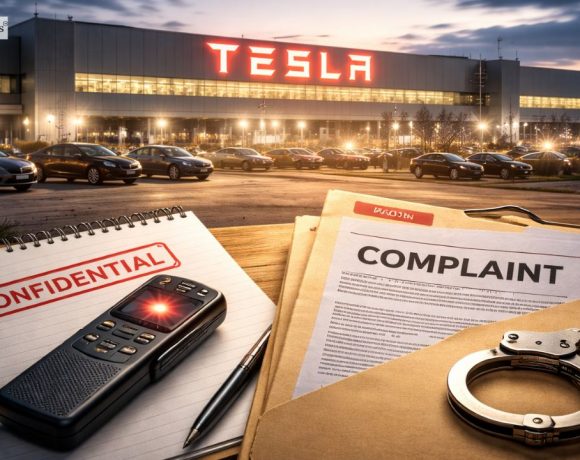
Tesla has filed a criminal complaint against a member of Germany’s IG Metall union for allegedly recording a non-public works council meeting at its Gruenheide plant near Berlin. According to an internal memo confirmed by the company, the external union representative attended the meeting as a guest but began recording proceedings on a computer, prompting legal action.
Plant manager Andre Thierig said in the memo that works council meetings are confidential and that recording them constitutes a criminal offence under German law. The move marks another escalation in tensions between the U.S. electric vehicle maker and IG Metall, whose relationship has been strained in recent years.
IG Metall rejected Tesla’s claims, calling the accusation a “calculated lie” ahead of works council elections scheduled for March. The union has previously accused plant management of resisting union influence, while in the last election two years ago, most Tesla employees opted for non-union representatives instead of IG Metall-backed candidates.
Pic courtesy: google/ images are subject to copyright

